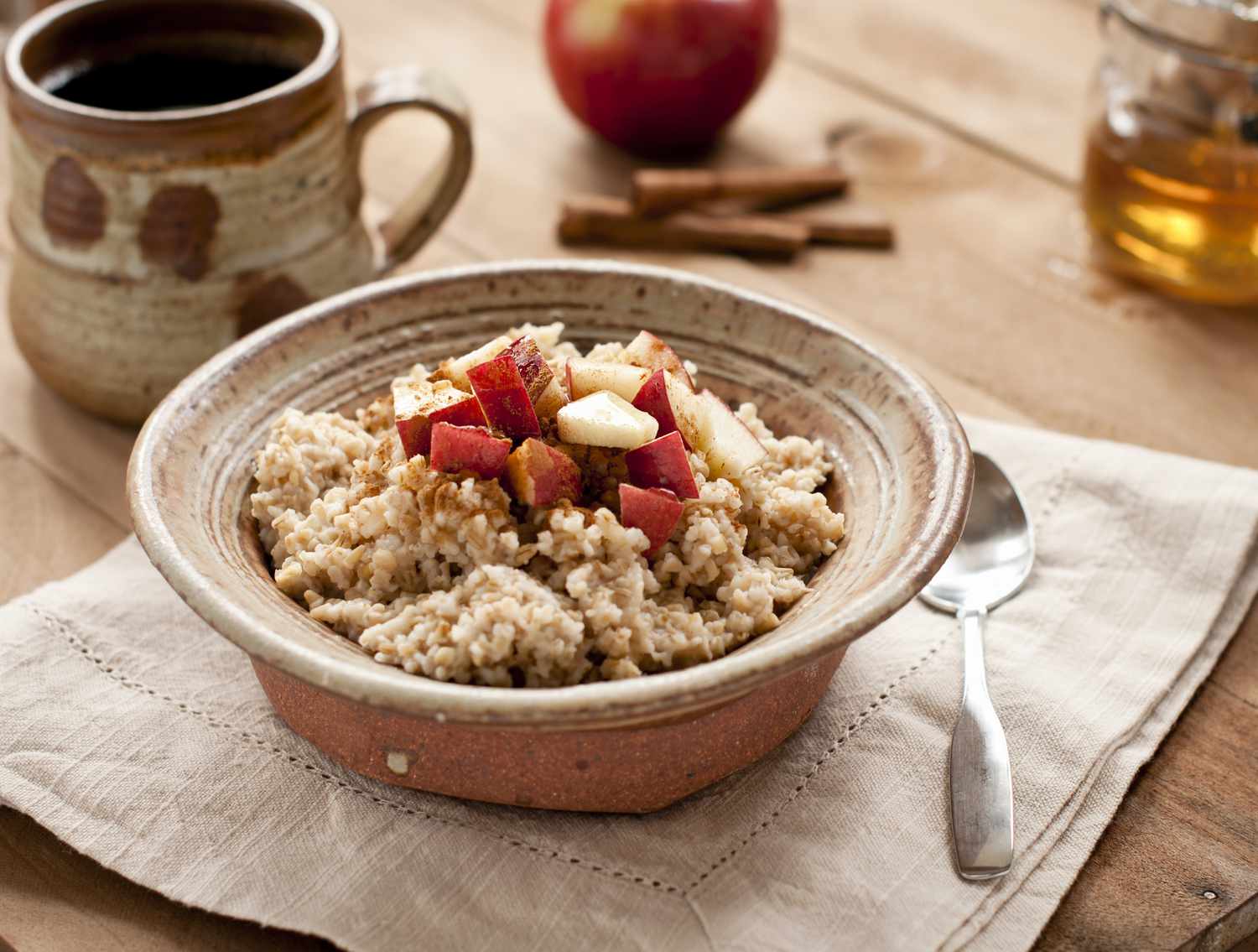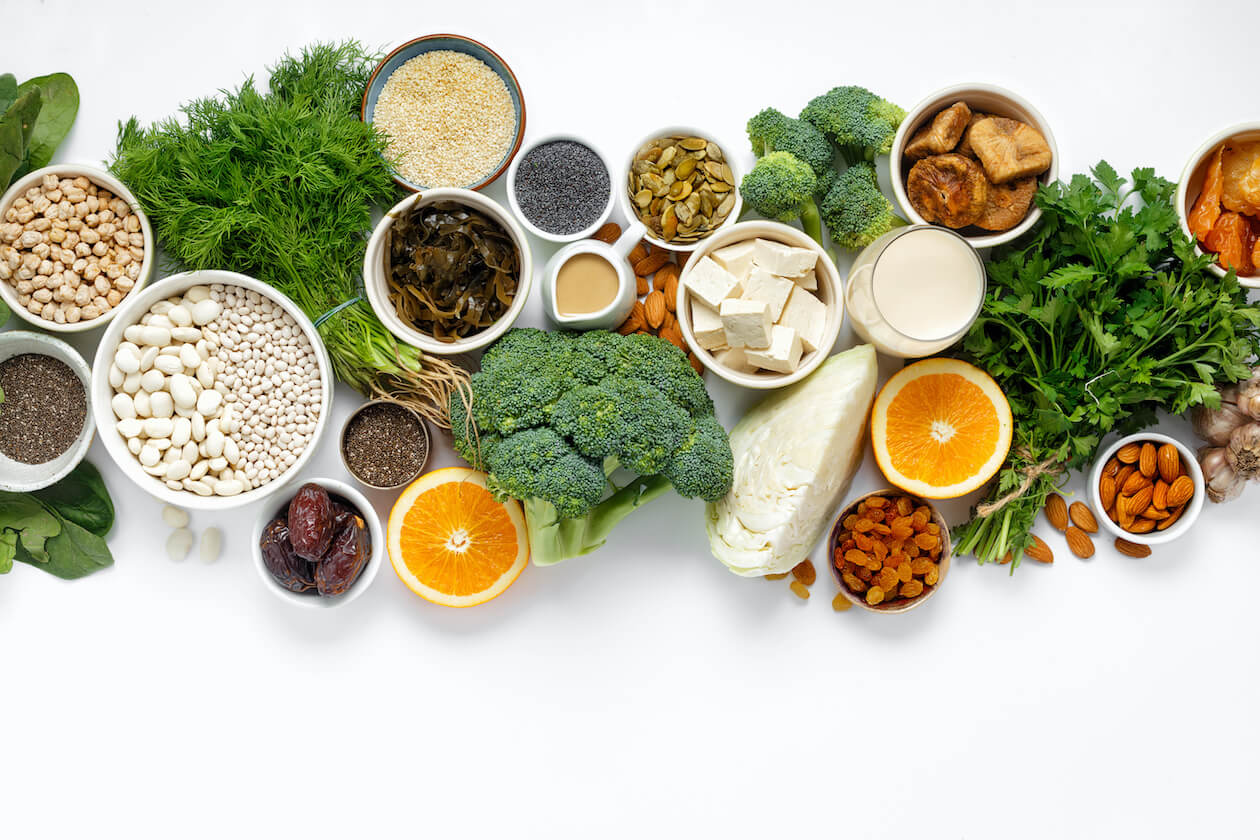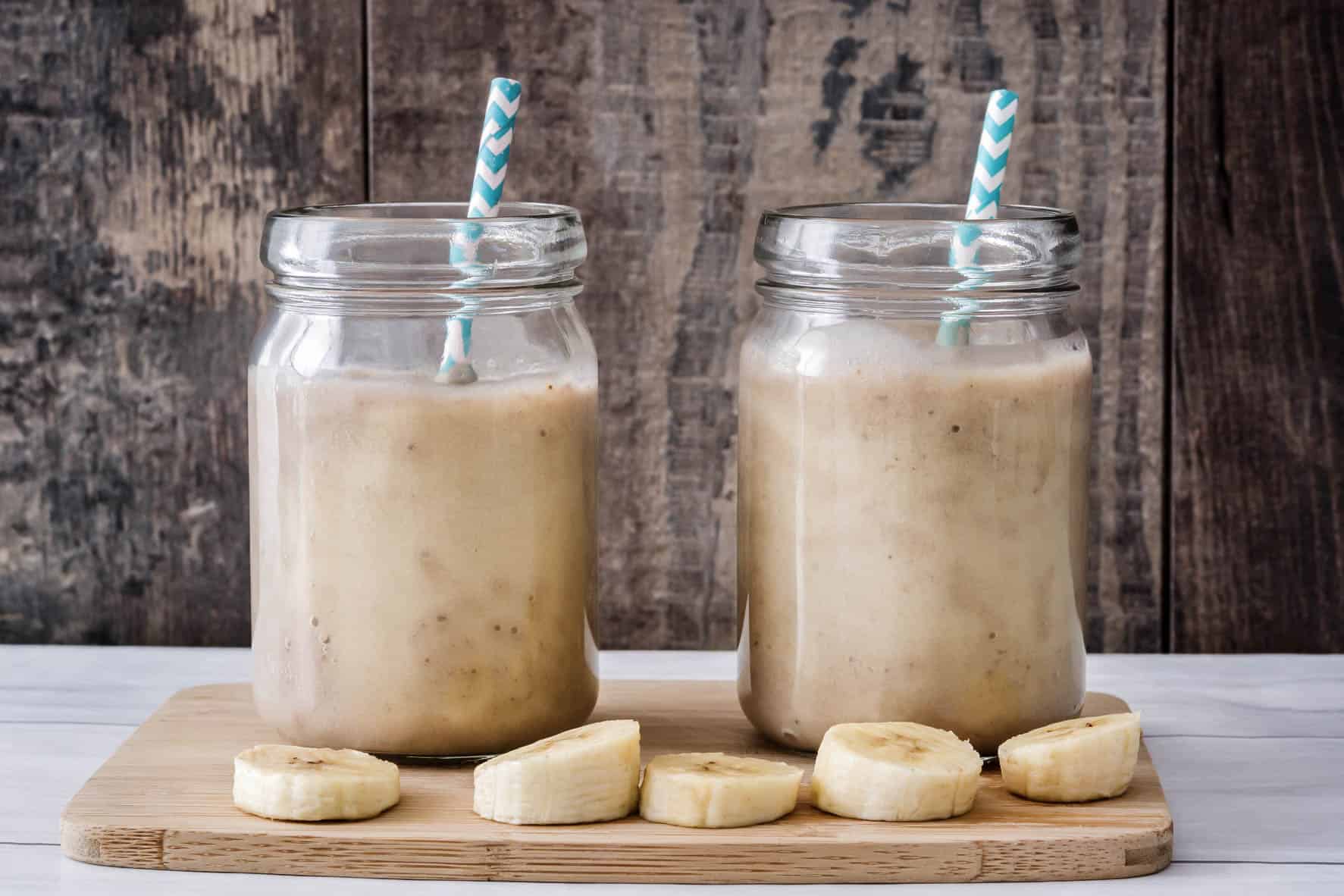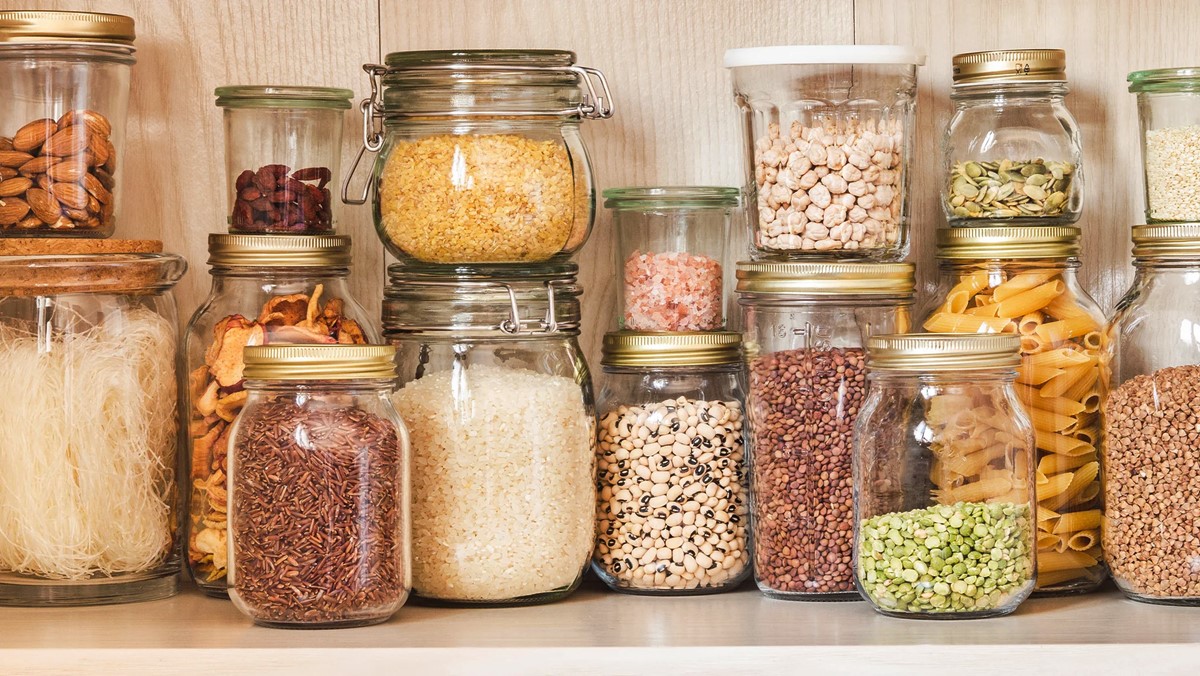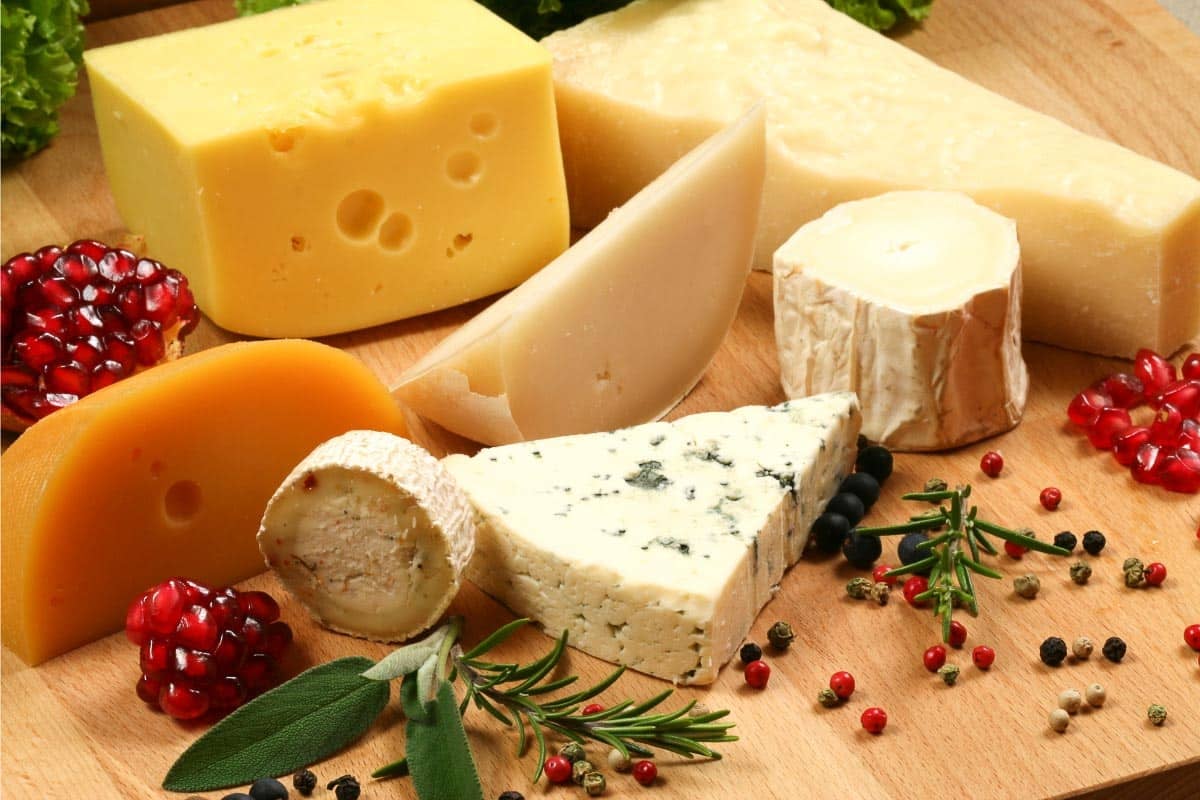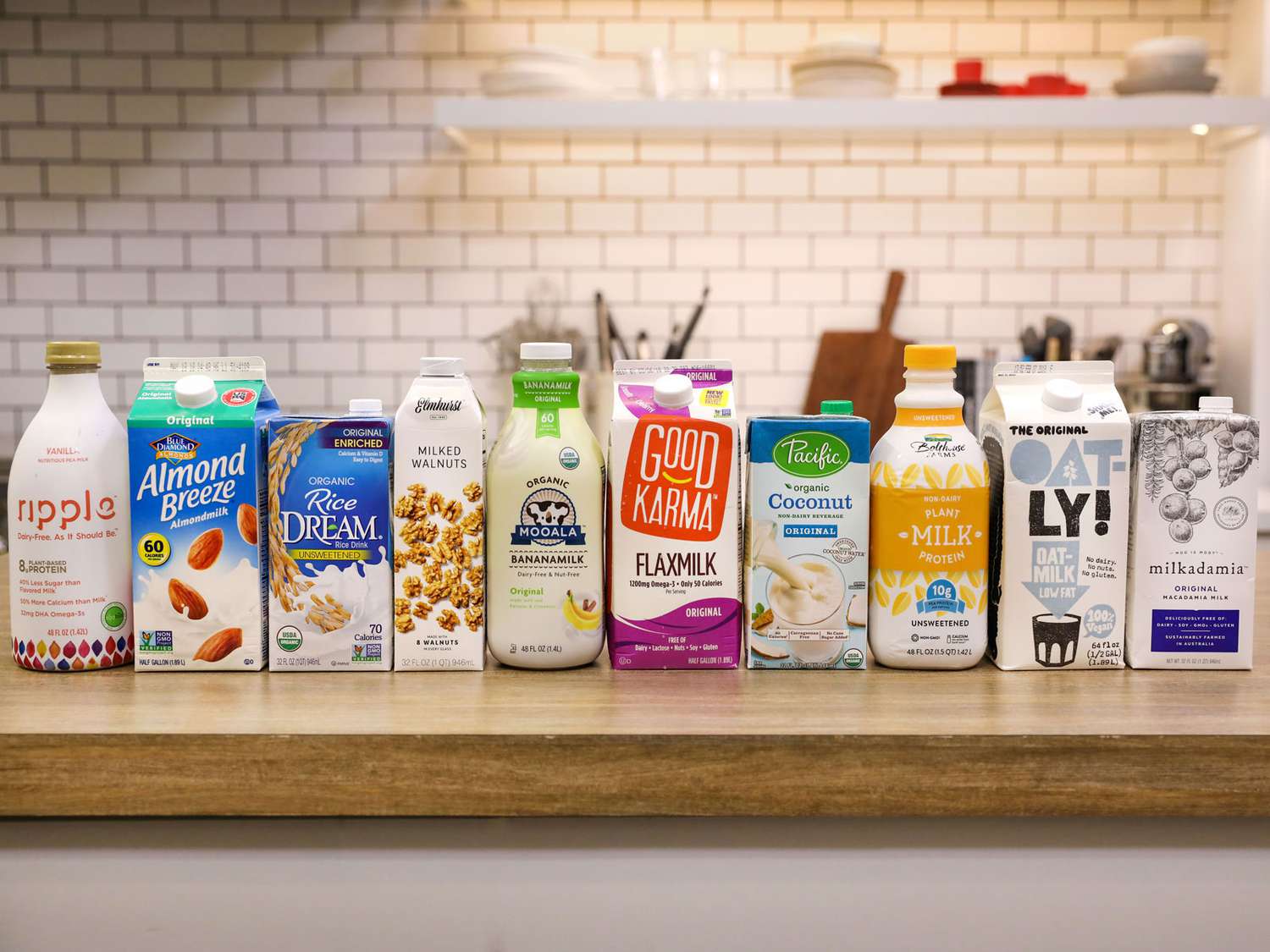Discover the Best Milk Alternatives for a Healthier Lifestyle
Are you lactose intolerant or looking to reduce your dairy consumption? Don’t worry! There are plenty of amazing milk alternatives available today that not only taste delicious but also offer numerous health benefits. In this article, we’ll explore some of the best milk alternatives that you can incorporate into your daily routine. So, let’s dive in and find out which options suit your taste and lifestyle!
1. Soy Milk
Soy milk is one of the most popular and widely available milk substitutes. Made from soybeans, it has a creamy texture and a mild, slightly nutty flavor. Soy milk is an excellent source of high-quality protein and is often fortified with vitamins and minerals such as calcium and vitamin D. It’s also low in saturated fat, making it a heart-healthy choice.
2. Almond Milk
Almond milk is a delicious and nutritious option for those seeking a dairy-free alternative. Made from ground almonds and water, it has a naturally sweet taste and a slightly nutty flavor. Almond milk is low in calories and contains healthy fats, vitamin E, and antioxidants. It’s also a great source of calcium if fortified.
3. Oat Milk
Oat milk has gained immense popularity in recent years due to its creamy texture and mild flavor. Made from soaked and blended oats, it is a great choice for those with nut allergies or soy intolerances. Oat milk is high in fiber and contains essential nutrients like beta-glucan, which helps to reduce cholesterol levels. It’s a fantastic option for both drinking and baking.
4. Coconut Milk
Coconut milk is a rich and creamy alternative that adds a tropical twist to your favorite recipes. It is made by blending the flesh of coconuts with water. While it’s higher in calories, coconut milk contains medium-chain triglycerides (MCTs), which are easily digested and provide a quick source of energy. It’s also a good source of vitamins C, E, and B, as well as minerals like iron and magnesium.
5. Hemp Milk
Hemp milk is a lesser-known but incredibly nutritious milk alternative. Made from hemp seeds, it has a unique, slightly nutty flavor. Hemp milk is an excellent source of omega-3 and omega-6 fatty acids, which are essential for brain health. It’s also packed with vitamins, minerals, and high-quality protein. Additionally, it is free of the allergens found in soy, nuts, and dairy, making it suitable for many dietary restrictions.
- Quick Tips:
- Experiment with different milk alternatives to find your favorite taste and texture.
- Always check the nutrition label to ensure that your chosen milk alternative is fortified with essential nutrients.
- Consider homemade options for those who prefer a DIY approach.
- When using milk alternatives in recipes, take into account the flavor profile and adjust accordingly.
- Remember, taste preferences vary, so what works for one person might not be the best fit for another.
Whether you are lactose intolerant, allergic to dairy, or simply looking to explore new flavors, these milk alternatives provide excellent options to consider. Incorporating them into your diet can add a burst of flavor and a wide range of health benefits. Take some time to try out different milk alternatives and discover the one that suits your taste buds and lifestyle the best. Happy experimenting!

